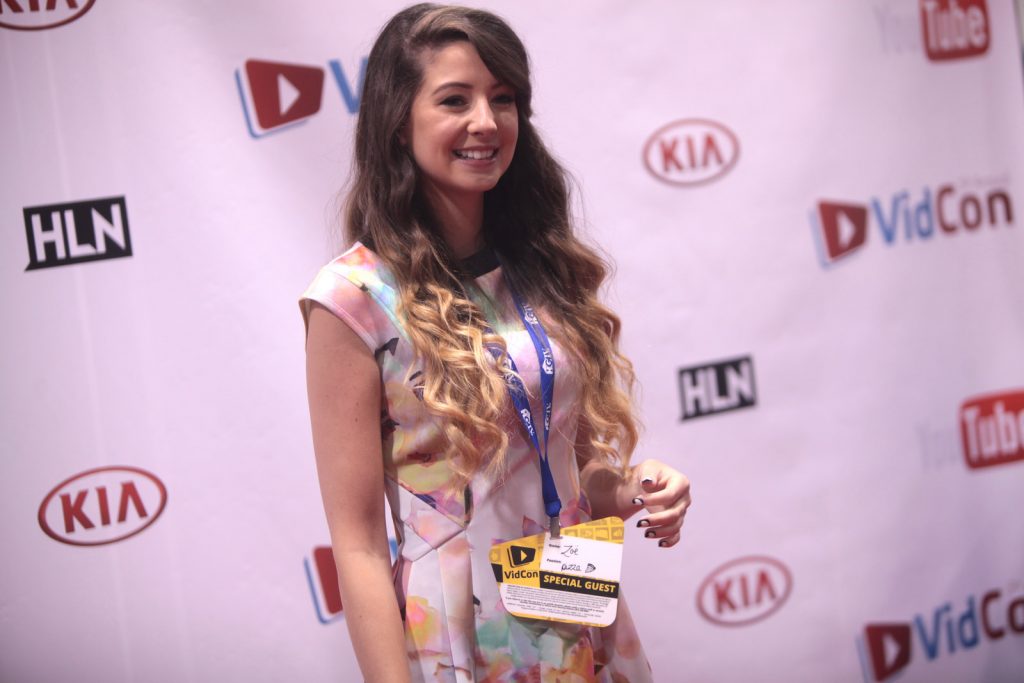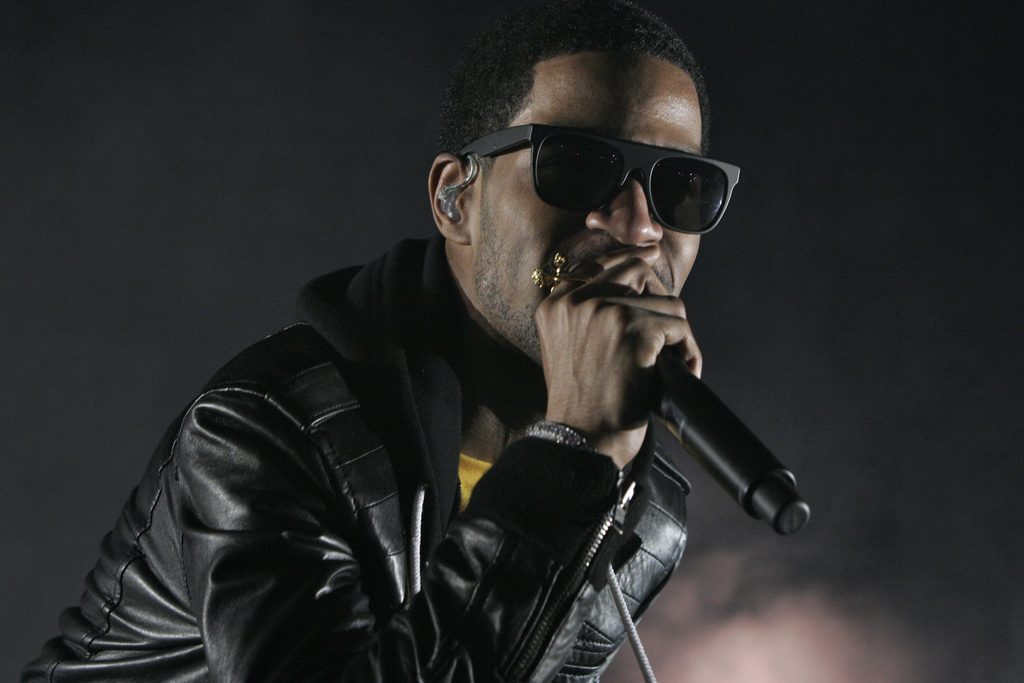The reality of mental health is frequently masked by the stigma online. However, the online world does have its perks. In recent years and like never before, we are able to share almost whatever we like on the internet. So, why not use it to fight the mental health stigma? The Guardian stated that in a survey of 2000 people across Britain, 30% said they would find it difficult having to publicly admit a mental illness. Despite this, many celebrities have spoken about their mental illness online in hope to inspire more people to share their own experiences. Famous faces around the world are able to reach a large audience, which in turn contributes towards fighting the mental health stigma. We often see celebrities as people who have a perfect life, but that definitely isn’t the case. They are human, just like you and me.
Content marked with * may be triggering or upsetting to some readers, especially sufferers of mental illnesses. This is due to the raw and emotional nature of the content, some of which is of a high level of detail, potentially causing re-imagining of a reader’s own mental health battles. Please see my disclaimer for more information.
Zoe Sugg aka Zoella

Image by Gage Skidmore on Flickr for use under Creative Commons License
Zoe Sugg, also known as Zoella, spoke out about suffering with panic attacks and anxiety back in 2012 on her very famous YouTube channel, now with over 11 million subscribers. She claimed that she was fourteen years old when she started suffering from panic attacks and anxiety. Zoe admitted she was terrified to share her story with the world, but felt that speaking out was so important in order to help others realise that suffering from anxiety and panic attacks (and any other mental illness) was acceptable and normal. In her video*, which can be viewed below, Zoe explains her definition of panic attacks and anxiety and what panic attacks and anxiety feel like. She also gives advice on how to deal with panic attacks and anxiety and how to not let it rule your life.
“Panic attacks are really not very nice. I wouldn’t even wish one on my worst enemy,” Zoe says.
The response Zoe received from her original video was huge. Many viewers thanked Zoe for being so open and honest about such an important issue, and many also said they were relieved to find out that they were not suffering alone. People still continue to watch her video and comment over four years later about how much it has helped them. One viewer said, “Thank goodness for you posting this video. I had my first panic attack a few days ago and I can’t stop obsessing over it. But you have lifted my spirits so much thank you!”
Zoe became the first digital ambassador for mental health charity Mind back in 2014 and launched the #DontPanicButton campaign. The campaign launched to help make a panic button a positive concept that shows support for anxiety sufferers. Zoe asked anxiety sufferers and their loved ones to wear a red button as a symbol of support, which consequently helped to spread mental health awareness and reduce the stigma. Zoe still continues to work with Mind and fight the mental health stigma on her YouTube channel today. Keep it up, Zoe.
Cara Delevingne

Image by Gage Skidmore on Flickr for use under Creative Commons License
When Cara Delevingne didn’t feature in many new fashion campaigns for a short while, rumour spread that she was quitting modelling for good. However that certainly wasn’t the case; Cara just needed a break. This was because she was battling with depression, which many people were unaware of. It’s sad that people often assume things about others, and not question that they may need a break for their own personal reasons. But unfortunately, people often think that being a celebrity means that you don’t have many problems and you have a perfect life. Let’s face it, Cara is a beautiful, talented woman who appears in fashion magazines, TV advertisements and on big city billboards, which might be considered as the dream life amongst some young girls in today’s society. But, everything is not as it seems, and celebrities with busy schedules, like Cara, go through their own struggles too.
Cara broke the silence on Twitter where she spoke out about suffering with depression in a series of tweets*. She claimed that she overworked herself to try and forget about her problems, but in the end had to stop because everything got too much for her.
I never said I was quitting modeling
— Cara Delevingne (@Caradelevingne) April 1, 2016
I do not blame the fashion industry for anything
— Cara Delevingne (@Caradelevingne) April 1, 2016
I suffer from depression and was a model during a particularly rough patch of self hatred
— Cara Delevingne (@Caradelevingne) April 1, 2016
I am so lucky for the work I get to do but I used to work to try and escape and just ended up completely exhausting myself.
— Cara Delevingne (@Caradelevingne) April 1, 2016
I am focusing on filming and trying to learn how to not pick apart my every flaw. I am really good at that
— Cara Delevingne (@Caradelevingne) April 1, 2016
Being such a famous face with many followers and fans, it was very brave of Cara to speak about her mental health struggle, but also very admirable. Her followers tweeted her back to admire her bravery, telling her that she is an inspiration and they were there to support her. So many of us are afraid to speak out about mental illness, but it’s so heartwarming to see the support that people give when we open up about it. Some of Cara’s followers even decided to share their own mental health battles after seeing the positive response Cara received, which is amazing. Not only is Cara a fashion model, she is a huge role model. Speaking about mental health isn’t always easy, but the more we do speak about it, the easier it will become. So Cara, thank you.
Kid Cudi

Image by Dana Beveridge on Flickr under Creative Commons License
Kid Cudi, real name Scott Mescudi, is another star who very bravely spoke about his battle with depression and suicidal urges in a raw and emotional Facebook post*.
Admitting he was living a lie, Kid Cudi revealed that his life in the public eye was definitely not as it seemed. He used metaphoric language to describe his mental health, such as a “swimming pool of emotion” and a “storm living inside of me”, which spoke to a lot of people and very importantly contributed to helping people understand what depression feels like. Many Facebook users commented saying they could relate to his feelings and others told him that there was no need to apologise for the way he was feeling. The positive comments are truly heartwarming to see and could potentially encourage others to speak about their own battles.
His post received over 595,000 reactions, 137,000 comments and 54,000 shares, how amazing is that? It just goes to show that social media platforms such as Facebook can really make an impact into fighting the stigma. If more people see Kid Cudi’s story, more people can begin to understand what it is really like to have a mental illness. The fact that Kid Cudi has reached a stage of commitment about his illness and has shared his story with the world is a huge step to world acceptance of mental illnesses.
Let’s keep the mental health conversation alive
There are so many celebrities that are both sharing their own personal mental health battles online, and also many that are working with charities and organisations to help fight the stigma. It’s really amazing to see that work is being done to fight the stigma, but there’s always more that can be done. Keep the conversation alive on social media by sharing and commenting on other people’s stories, and perhaps it might help you feel inspired to share your own. Let’s help the world understand mental health!
Leave a Reply